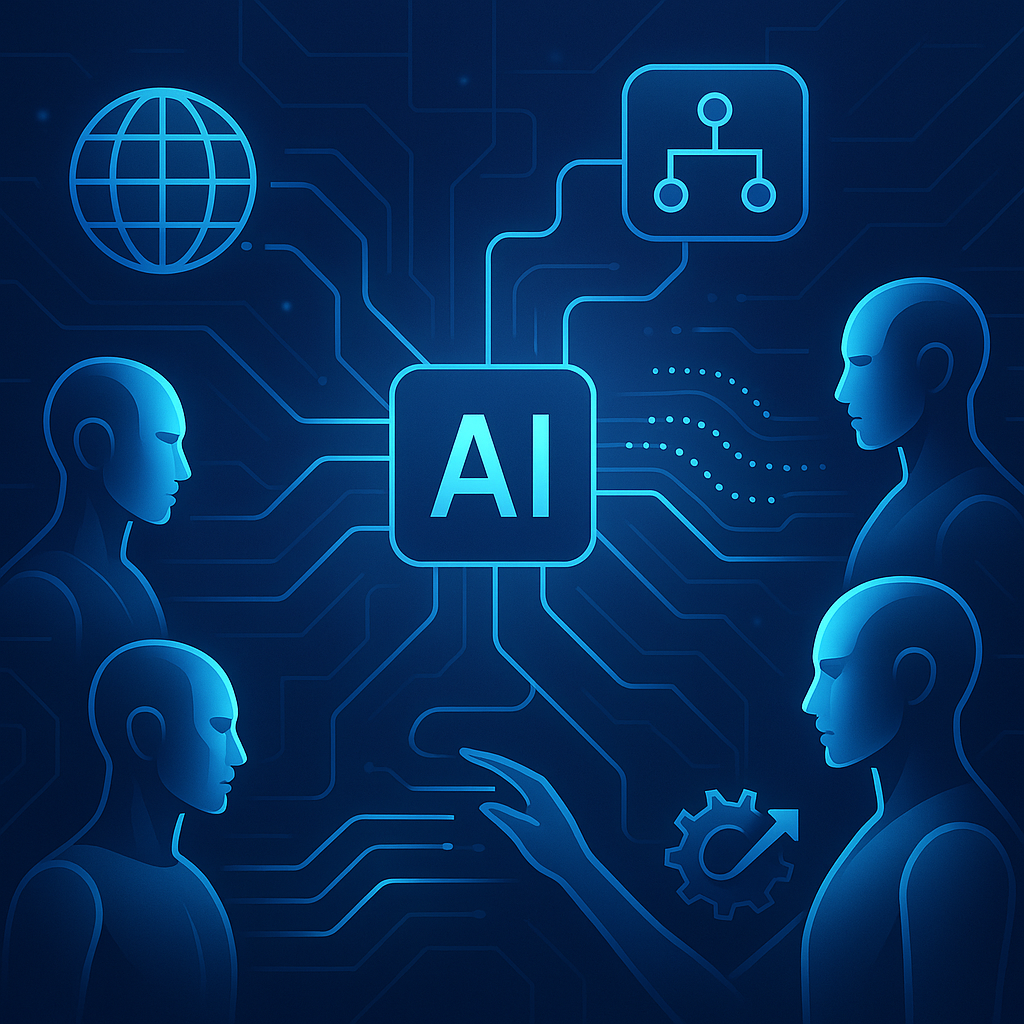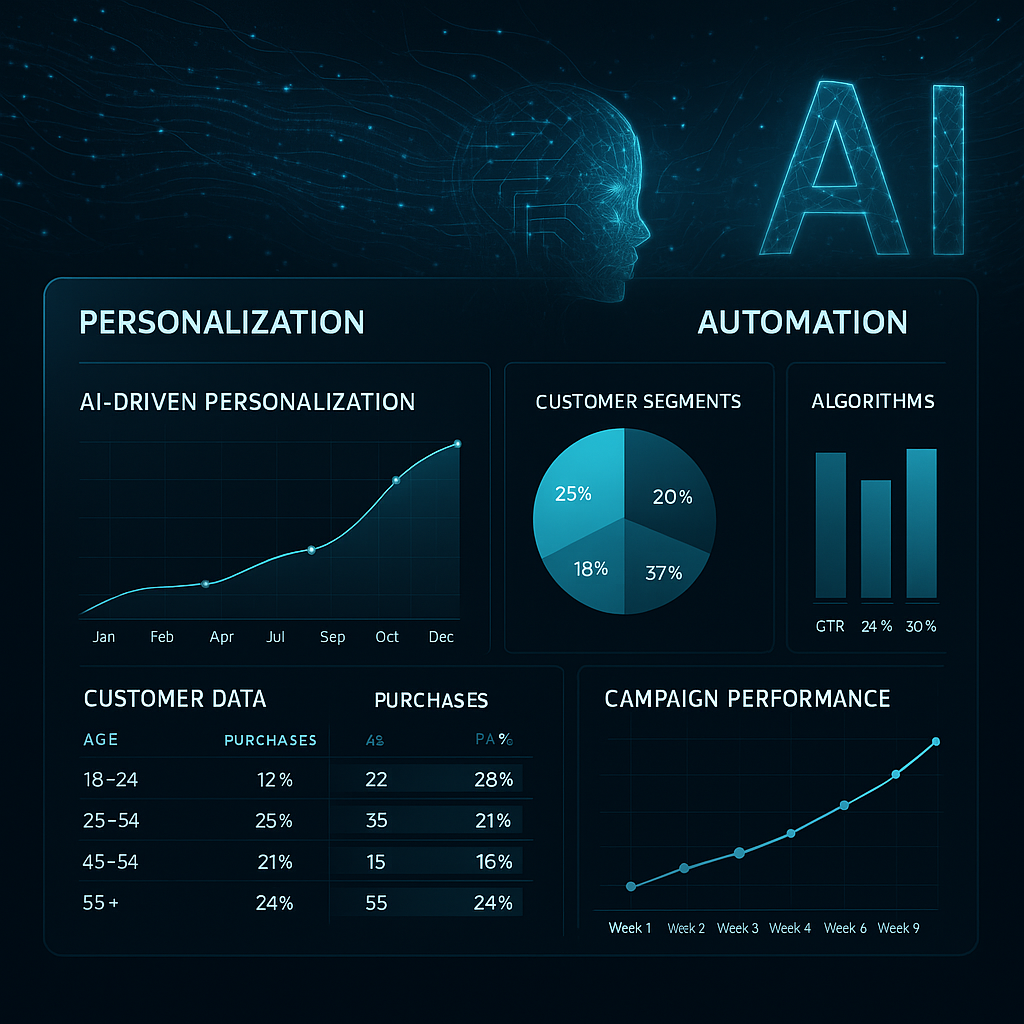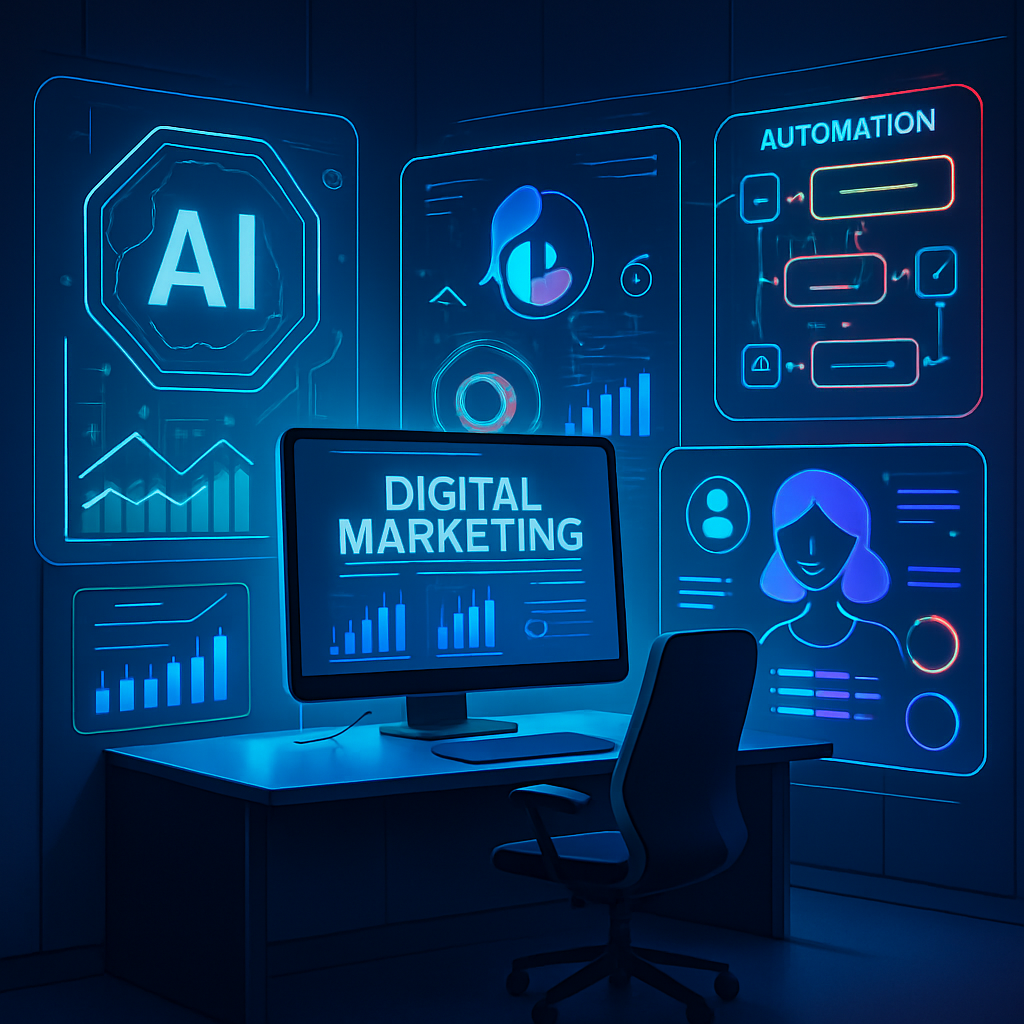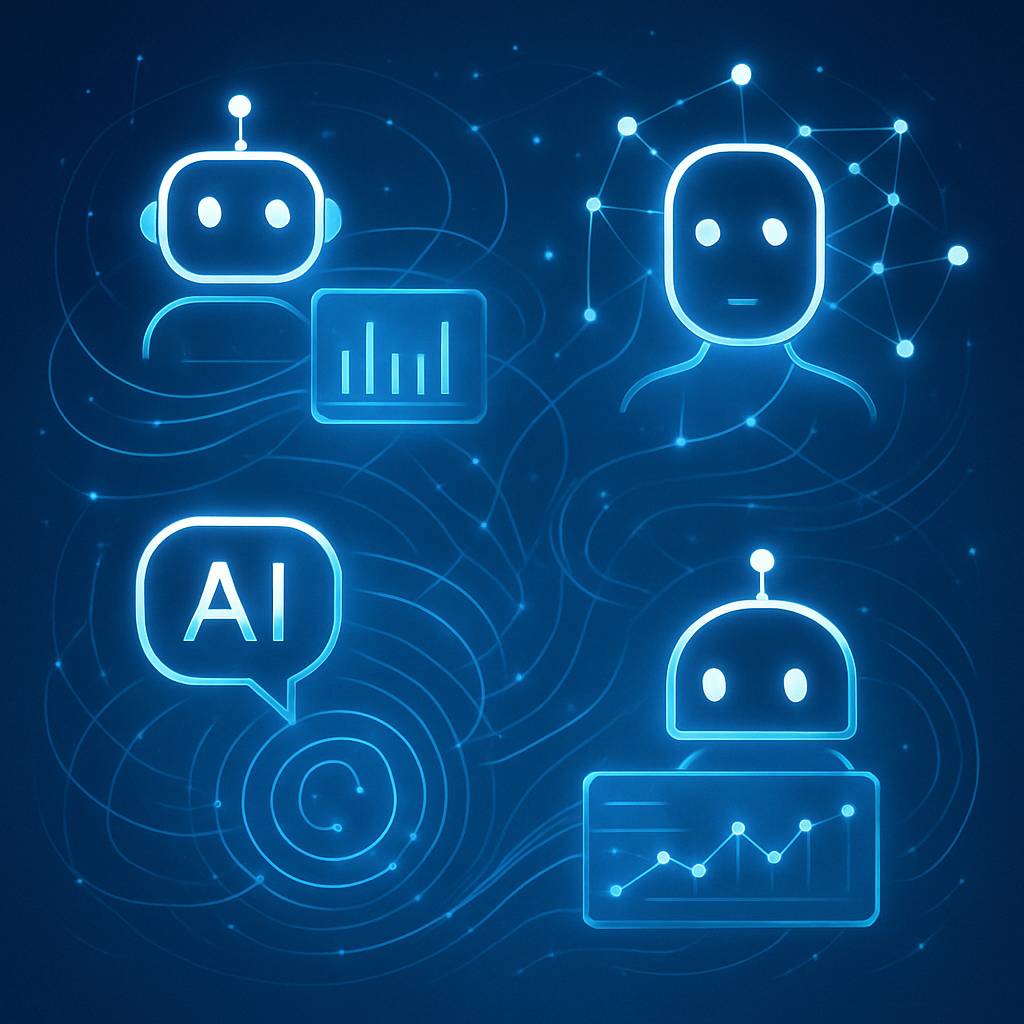
How Artificial Agents Are Revolutionizing Decision-Making in AI-Driven Systems
Introduction to Artificial Agents in AI-Driven Decision-Making
As of 2025, artificial intelligence continues to advance at a rapid pace, and at the heart of many of these innovations lie artificial agents—self-contained programs or entities operating autonomously to achieve defined goals. These agents are fundamentally revolutionizing decision-making in AI-driven systems by providing diverse capabilities, from real-time data analysis to adaptive learning.
Understanding Artificial Agents and Their Role
Artificial agents function as decision-makers or problem solvers within a digital environment. Unlike traditional AI algorithms that perform narrow tasks, these agents operate with a degree of independence, perceiving their environment, reasoning, and taking actions toward specific objectives.
Key characteristics of artificial agents include:
- Autonomy: Agents can operate without human intervention, making decisions based on available data.
- Social Ability: They can communicate or interact with other agents or humans to negotiate or collaborate.
- Reactivity: Agents sense their surroundings and respond promptly to changes.
- Proactiveness: Beyond reacting, agents take initiative to achieve long-term goals.
Categories of Artificial Agents Enhancing Decision-Making
In the landscape of AI-driven systems, several types of artificial agents have emerged as transformative for decision-making:
1. Rational Agents
Rational agents choose actions that maximize expected utility, making decisions that are most likely to achieve desired outcomes. In sectors such as finance, rational agents analyze market trends to optimize investment decisions autonomously.
2. Learning Agents
These agents improve their performance through experience. By utilizing machine learning, they adapt to new data patterns and refine decision-making processes. For instance, in supply chain management, learning agents predict demand shifts to optimize inventory.
3. Multi-Agent Systems
Multiple artificial agents interact to solve complex problems that are difficult for single agents. These systems are pivotal in scenarios requiring negotiation and collaboration, such as autonomous traffic management where vehicles coordinate to enhance flow and safety.
Revolutionizing Sectors with Artificial Agents
The integration of artificial agents into AI-driven systems is accelerating innovation and more sophisticated decision-making across various industries.
Healthcare: Personalized Treatment and Diagnostics
Artificial agents analyze patient data to recommend personalized treatments dynamically. For example, agents in AI diagnostic platforms assess real-time health indicators, medical histories, and emerging research to propose optimized care pathways.
Finance: Autonomous Trading and Fraud Detection
AI agents monitor financial markets autonomously, executing trades and hedging risks without human input. Additionally, agents identify fraudulent behaviors by detecting anomalies in transaction data, enhancing security.
Energy Management: Smart Grid Optimization
Artificial agents collaborate to balance energy loads by predicting consumption trends and adjusting distribution in real-time. This results in more efficient, sustainable power use and better integration of renewable sources.
Customer Service: Intelligent Virtual Assistants
AI agents serve as virtual assistants capable of complex decision-making—understanding user intent, resolving issues, and escalating cases when needed. Their evolving capabilities enhance customer experience through timely and accurate responses.
Improving Decision Quality Through Contextual Awareness
Modern artificial agents incorporate contextual awareness, synthesizing not just raw data but its surrounding environment, temporal factors, and user preferences. This leads to:
- Enhanced Precision: Actions are closely aligned with real-world conditions.
- Dynamic Adaptability: Agents adjust decisions as context evolves.
- Reduced Bias: By understanding context, agents avoid misleading patterns.
Challenges and Ethical Considerations
While artificial agents offer powerful decision-making capabilities, they introduce complexities:
- Transparency: Complex agent decision processes can be opaque, challenging explainability.
- Responsibility: Determining accountability for autonomous decisions remains difficult.
- Bias and Fairness: Agents may perpetuate biases present in training data.
Addressing these concerns requires ongoing research and ethical governance frameworks, ensuring that artificial agents remain trustworthy and aligned with human values.
The Road Ahead: Emerging Trends
Looking forward, artificial agents will continue to evolve with advancements such as:
- Hybrid Human-Agent Collaboration: Systems combining human intuition with agent efficiency for superior decision-making.
- Explainable AI Agents: Improved transparency tools that reveal agent reasoning.
- Cross-Domain Adaptability: Agents capable of transferring knowledge between different problem domains.
- Integration with Emerging Technologies: Combining artificial agents with blockchain and edge computing to enhance security and latency.
Conclusion
Artificial agents have fundamentally redefined the landscape of decision-making in AI-driven systems. Their ability to operate autonomously while being contextually aware allows for more nuanced, efficient, and scalable solutions across a myriad of industries. As we progress through 2025, continued innovation and thoughtful stewardship will be critical in unlocking their full potential while navigating the ethical dimensions they introduce.







